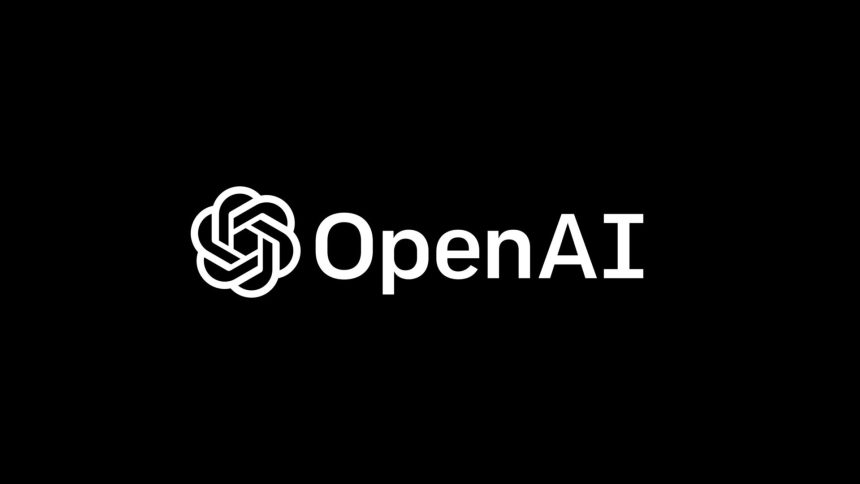In a surprising move, Apple has decided not to take on an observer role on OpenAI’s board as initially planned. This decision follows heightened regulatory scrutiny on Big Tech investments in AI startups. The arrangement, part of a broader collaboration to integrate ChatGPT into Apple’s ecosystem, will proceed without board participation from either Apple or Microsoft, both of whom have relinquished their observer positions.
Originally, Phil Schiller, Apple Fellow and App Store chief, was set to take on the role as a board observer. This position would have allowed Apple to attend and contribute to OpenAI’s board meetings without having voting rights or formal control. However, both companies have now shifted to a new strategy of regular meetings with partners to maintain engagement and share strategic insights. These meetings will be overseen by Sarah Friar, OpenAI’s CFO.

This move comes amid mounting pressure from regulatory bodies, including the European Commission and the U.S. Federal Trade Commission (FTC). The European Commission recently hinted at a possible antitrust investigation into Microsoft and OpenAI’s partnership, while the FTC is also scrutinizing investments by major tech companies like Microsoft, Amazon, and Google in generative AI startups.
Despite the absence of a formal board role, Apple and OpenAI will continue their collaboration. Siri will be enhanced to transfer complex user requests to ChatGPT, provided users give explicit permission. Notably, no financial transactions are involved in this integration deal; both companies are focusing on technological synergy rather than monetary exchange.
The move reflects the broader challenges and regulatory pressures facing the tech industry as it navigates the integration of advanced AI technologies. As AI continues to evolve, companies like Apple and OpenAI must balance innovation with compliance, ensuring their advancements align with regulatory expectations.












